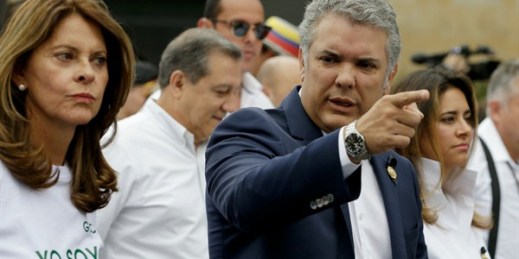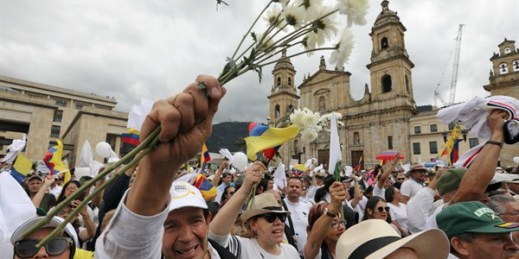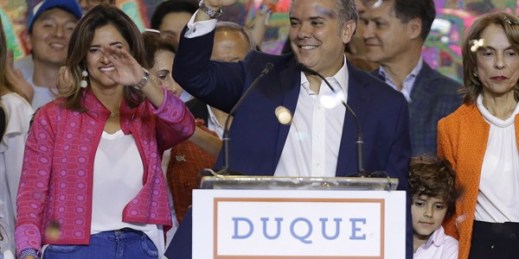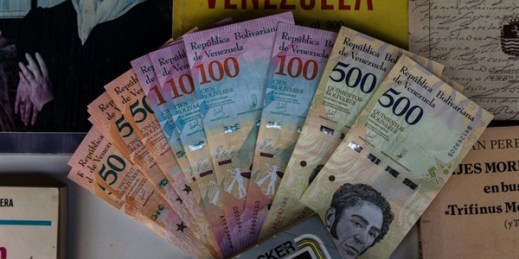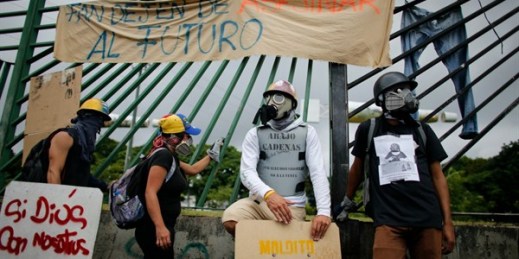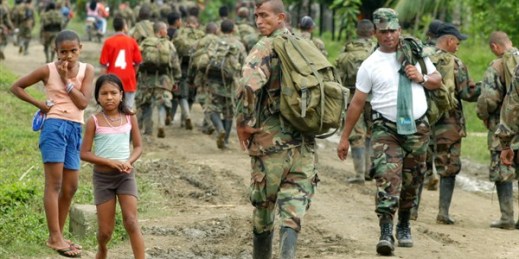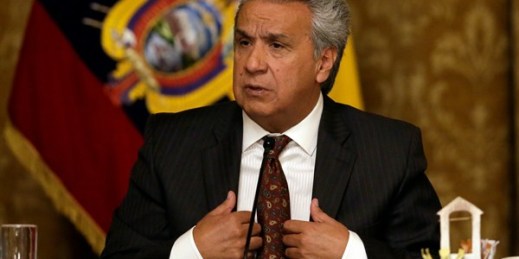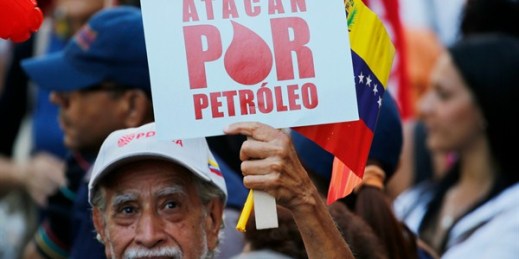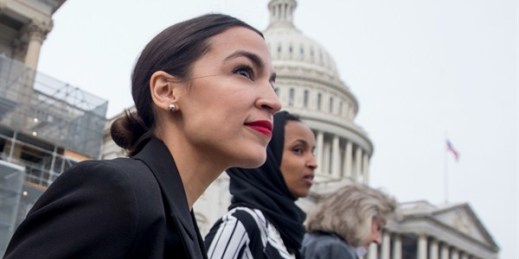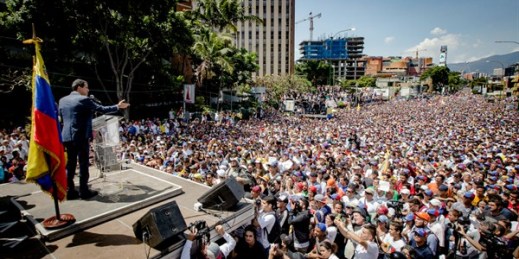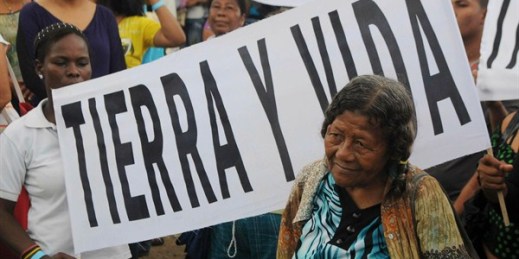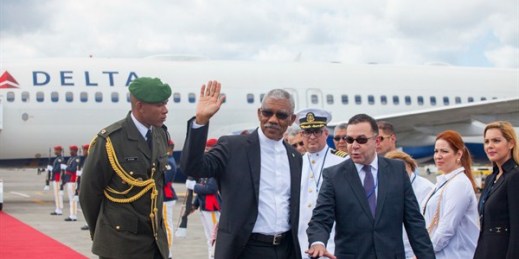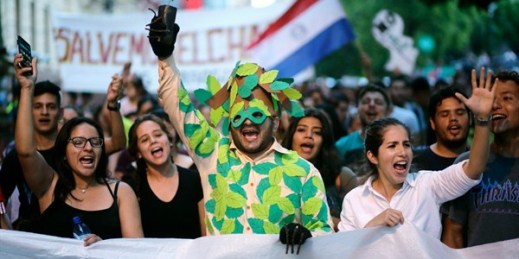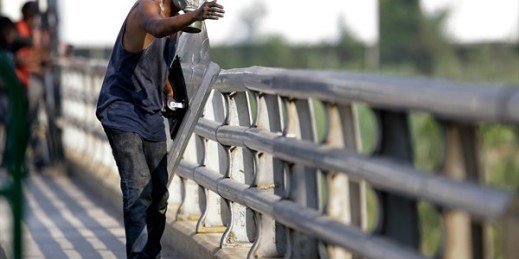
It wasn’t very long ago that Venezuela anchored one side of a left-right divide in Latin America, with the late President Hugo Chavez inspiring a wave of leftist electoral victories across the hemisphere. More recently, the region’s leftward drift has stopped, even reversed, but Venezuela is again the catalyst in the new political alignments. The current crisis in Venezuela has forced governments everywhere, but especially in Latin America, to clarify where they stand on the future of Nicolas Maduro’s presidency. It is no longer possible for Latin American leaders to issue fuzzy statements now that the Venezuelan opposition has declared […]

